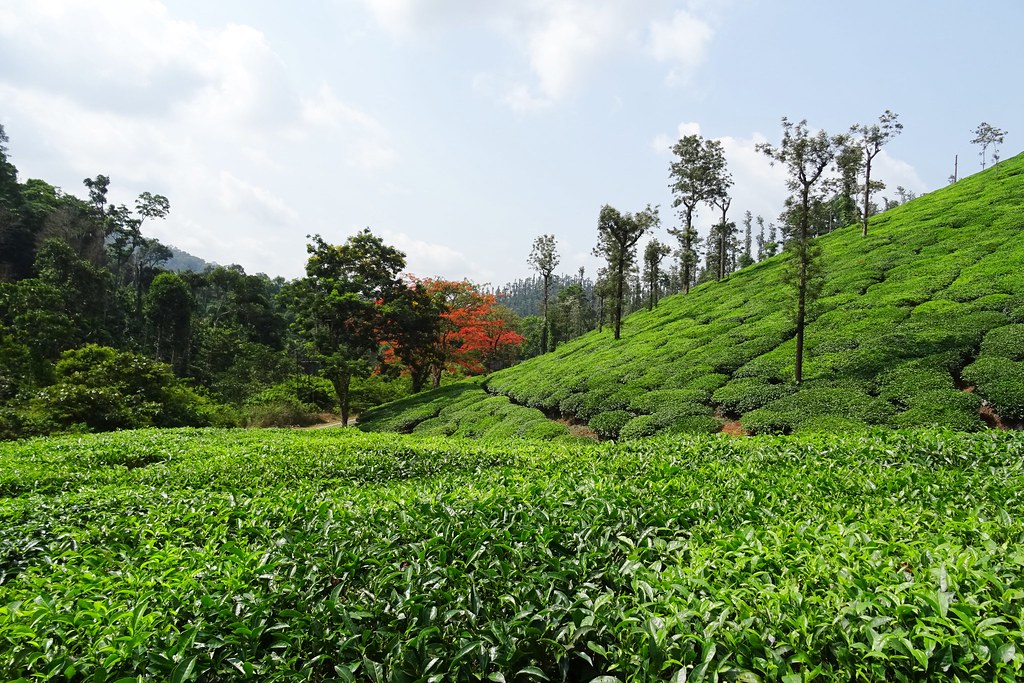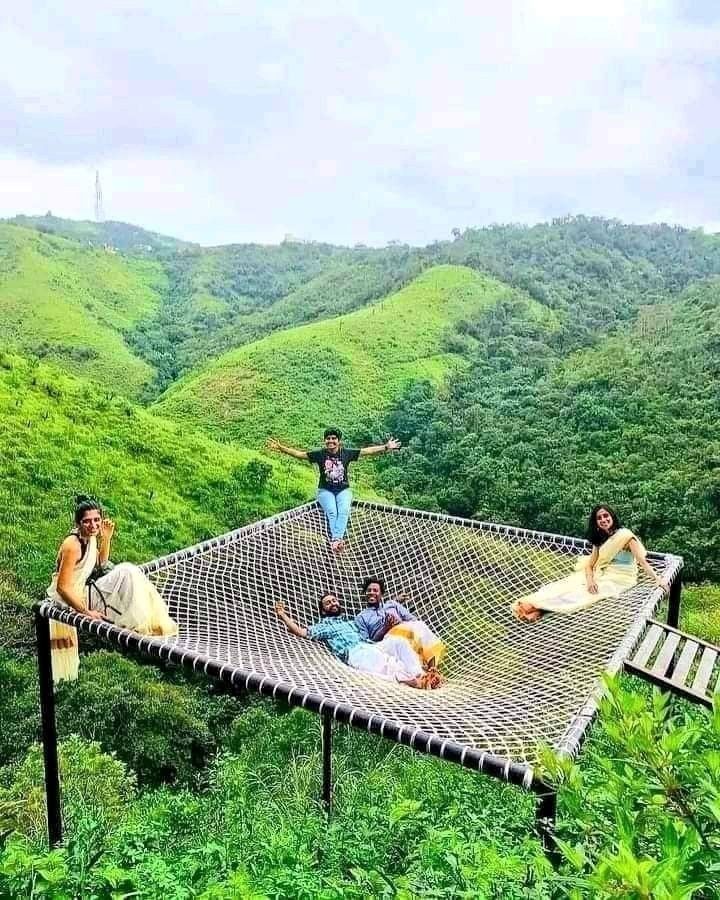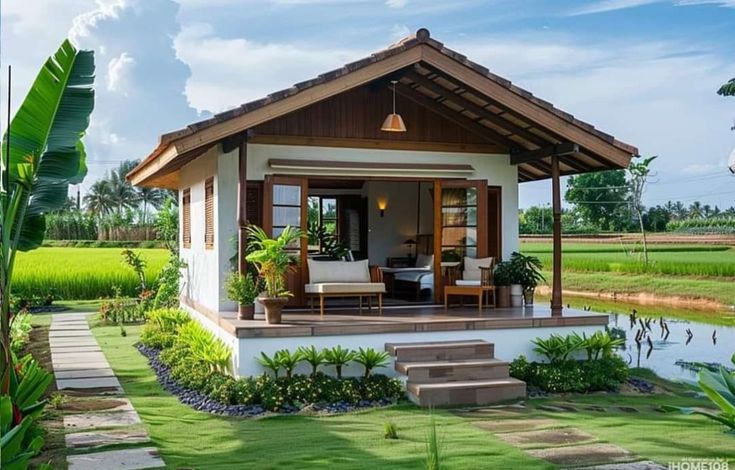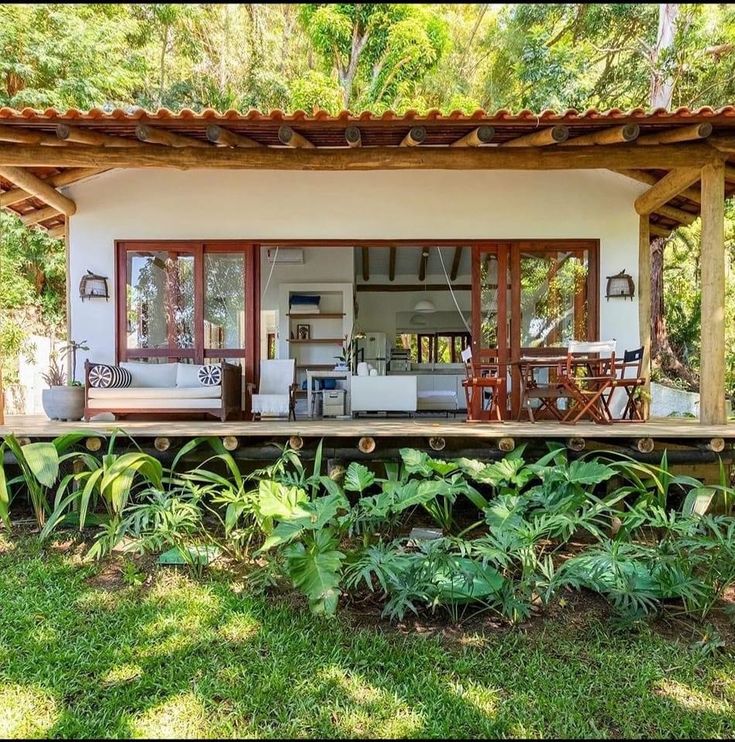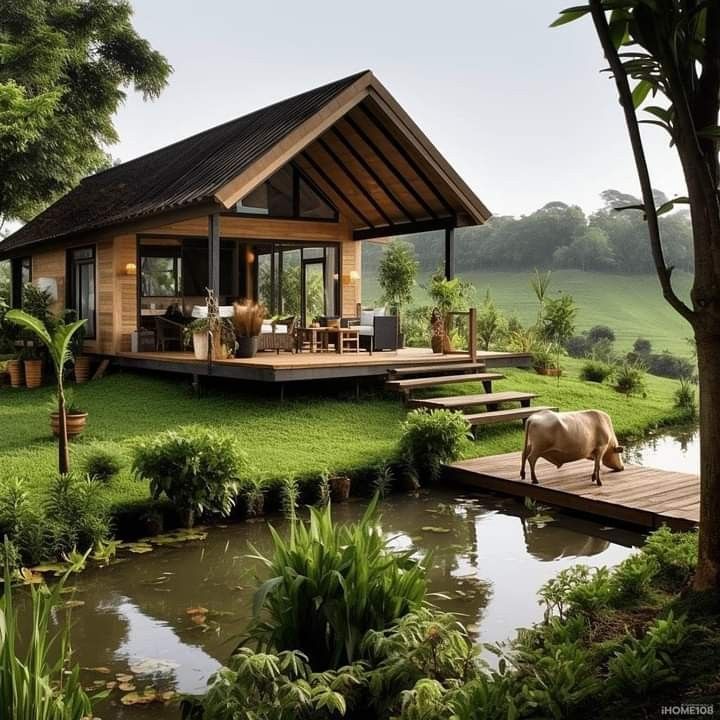04/07/2025
Chikmagalur
Located in the tranquil foothills of the Western Ghats of Karnataka, Chikmagalur is a special name among coffee lovers in the country and overseas. The So-called 'Coffee Land of India', originating from the Establishment of Coffee in India, this beautiful Town is experiencing an unassailable cocktail of scenic beauty, history, and Coffee culture.
A Short History of Coffee in Chikmagalur
The saga of Chikmagalur Coffee begins in the 17th century when Baba Budan, a venerated Sufi Saint brought coffee to India. According to legend, he brought back seven coffee beans from Yemen and planted them in the fertile hills of Chikmagalur. The hills now called Baba Budan Giri would be the birthplace of India’s remarkable coffee industry. Over the centuries, Chikmagalur changed into a significant coffee manufacturing deep in love with its Arabica and Robusta beans.
The Coffee Estates: Where Nature Meets Craftsmanship
Coffee estates in Chikmagalur are not just plantations but a serendipitous combination of natural beauty, cultural heritage, and skilled craftsmanship. Covering rolling hills, these estates enjoy the perfect climate. High altitudes, cool temperatures and fertile soils make for ideal coffee-growing conditions: aromatic, flavor-rich beans.
Most estates, like Mylemoney Estate, Balur Estate and Malenadu Estate are run by families and have managed to keep their legacy over generations. Visitors to these plantations can see the work of making coffee firsthand — picking ripe cherries, drying them, roasting and grinding the beans.
Coffee tourism in Chikmagalur
If you are a coffee fanatic and a traveler, Chikmagalur is a great place to explore the world of coffee. Some of the coffee tourism highlights from this region are:
Guided Plantation Tours: Walk through lush green estates and learn about coffee cultivation, harvesting, and processing.
Picking Beans: For a more hands-on experience, join the season when coffee cherries are picked.
Coffee Tasting: Take part in multiple tasting sessions of Arabica and Robusta coffee grown in the area.
Workshops and Activities: Brewing techniques; how to engineer the perfect cuppa.
Accommodating By The Coffee Plantations
Chikmagalur boasts numerous picturesque homestays and luxurious resorts in the coffee plantation backdrop. From rustic cabins to luxurious getaways, these accommodations offer peaceful settings for where to unwind in nature. Some popular choices are Thippanahalli Estate and Homestay and the Serai Coffee Day Resort. Guests can wake to the smell of coffee, stroll through the vanishing plantations, and eat local cuisine.
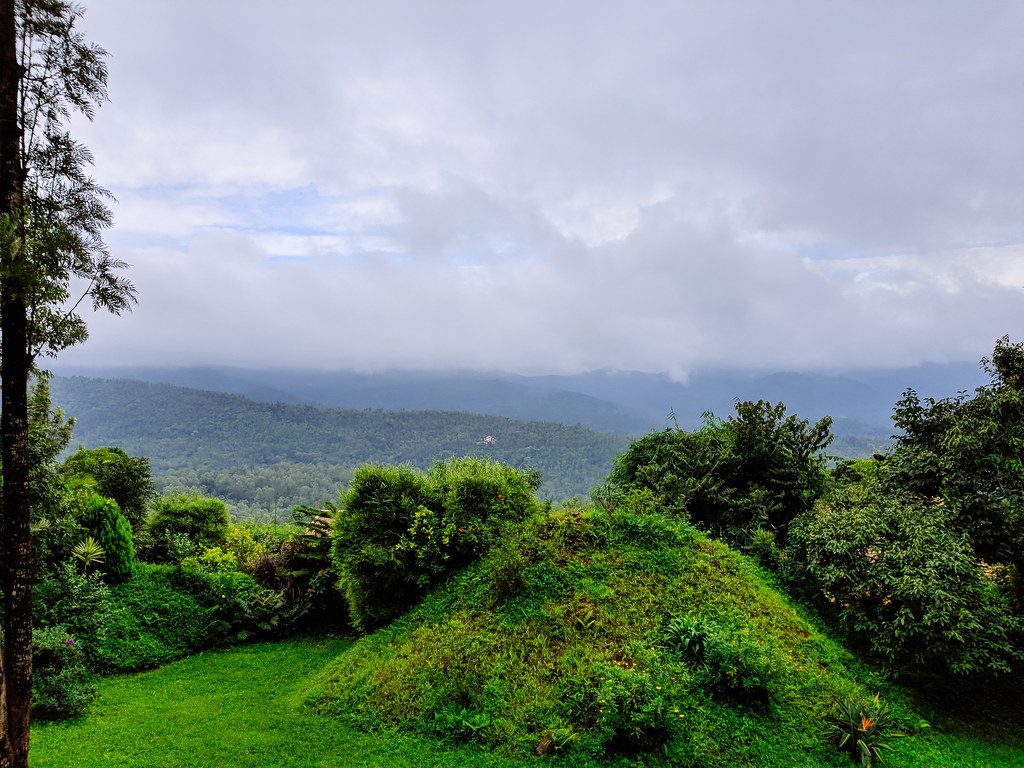
Notes on Chikmagalur Coffee
One major reason Chikmagalur coffee is distinct is the region’s cultivation. Arabica coffee, usually grown at higher elevations, is known for its smooth, fruity taste. While Robusta coffee provides a stronger flavor that appeals to fans of bold brews.
The coffee of both varieties are commonly grown with shade trees and interspersed with spices, including pepper and cardamom, whose flavor notes enhance the coffee flavor profile. The end result is a cup of coffee with flavour and fragrance come alive and each sip takes you to the hills of Chikmagalur.
Best Time to Visit
Chikmagalur Coffee estates are best visited between October & March when the weather is pleasant and the coffee plantation is lush & aromatic. Visitors during this time can observe different stages of the coffee-making process from the flowering of the coffee plants to the ripening of cherries.
Chikmagalur Coffee Legacy
Chikmagalur coffee’s legacy isn’t just in its incredible flavour. It is a bond of tradition, sustainability, and innovation. Most estates are orientated towards eco-friendly practices where coffee grown here is beneficial to the environment and the community. Guests often walk away not just with bags of coffee, but with special memories.
Conclusion
So if your passion is coffee (or just nature, or the simple joy of discovery), you must visit Chikmagalur coffee estates. This region, from its rich history to its serene landscapes and delightful brews, offers an experience beyond a breakfast cup of coffee; rather, savoring life, one sip at a time. So don’t forget to add Chikmagalur to your plans next time you’re headed out on an adventure! It is not merely a destination, but a voyage into the heart and soul of India’s coffee ethos.
FAQs
Q1. Why is Chikmagalur a popular tourist destination?
The place is popular for its coffee plantations, delightful hills, adventurous trails, and pleasant weather.
Q2. Is it possible to visit a coffee estate in Chikmagalur?
Yes, quite a few coffee estates in Chikmagalur are open for guided tours, coffee tasting sessions, and homestay experiences.
Q3. When should I visit Chikmagalur coffee estates?
October to March is perfect with pleasant weather and post-monsoon greenery. The coffee picking season generally runs from November to January.
Q4. Should I reserve a coffee estate tour beforehand?
Booking in advance is advised to secure your space, particularly during holiday periods or on weekends.
Q5. How does a coffee estate tour look like?
You’ll learn about coffee cultivation, harvesting and processing and enjoy nature walks, bird watching and freshly brewed coffee.
Q6. Do you have homestays or places to stay on coffee estates?
Yes, many estates have lovely homestays or luxury cottages to stay in, for an immersive experience.
Q7. Is this tour appropriate for children and older adults?
Yes, many tours are slow-paced and appropriate for all ages. But ask the estate if you have mobility issues.
Q8. How can I reach Chikmagalur?
This amazing hill station is around 250 km (approx) from Bangalore and easily accessible by road from surrounding cities. The nearest railway station is at Kadur.
Q9. Are meals included in estate stays?
Yes, most homestays and resorts serve home-cooked food with local flavours, and traditional Malnad cuisine.
Q10. What should I carry for a coffee estate visit?
Comfortable clothes, walking shoes, insect repellent, and a camera to capture the scenic beauty.

